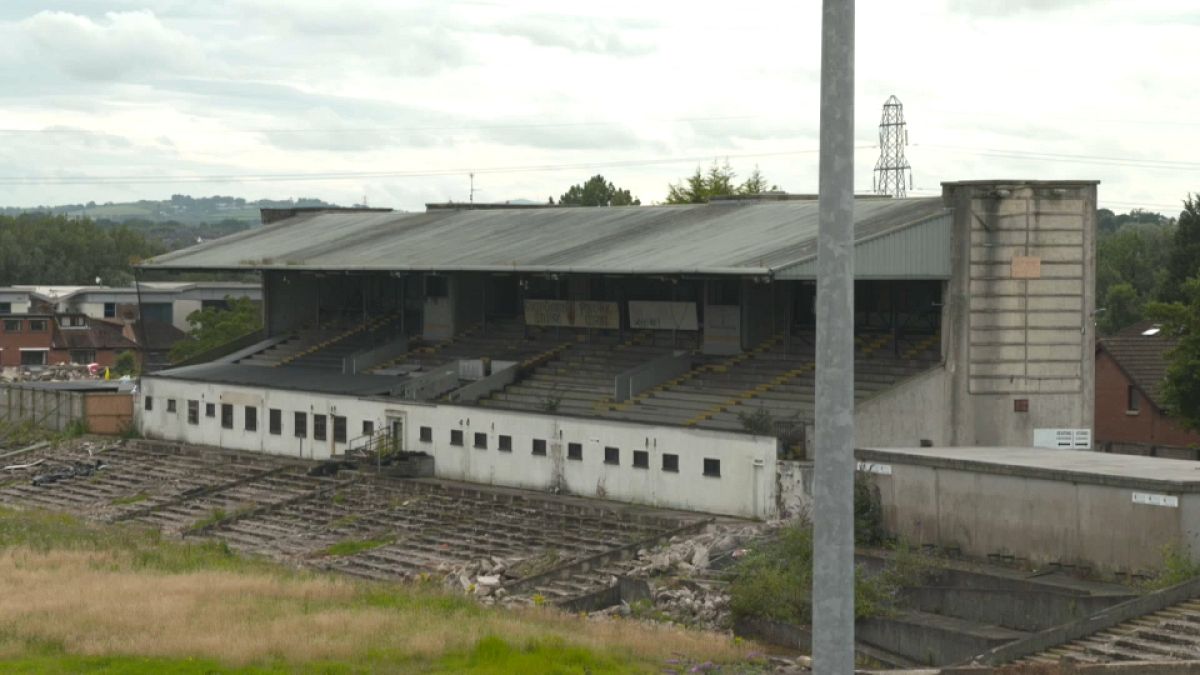The Ulster Gaelic Athletic Association chief remains confident that the Casement Park stadium in Belfast will be completed in time for the UEFA European Football Championship in 2028, despite concerns over funding. When the joint bid by the four British nations and Ireland was announced as the host for the Euro football championships, it brought excitement and opportunities for the 10 cities involved. However, Belfast’s Windsor Park, with a capacity of 18,500, was deemed too small for the event, prompting the need for an alternative venue. Casement Park, owned by the Gaelic Athletic Association, emerged as the only suitable location with a capacity of over 30,000.
The initial cost of redeveloping Casement Park was £76 million, with contributions from the Northern Ireland Executive, the Irish government, and the GAA. However, delays in funding approval from the UK government have resulted in a rise in construction costs to an estimated £300 million. The failure to secure funds has put Belfast at risk of being dropped as a host city for the Euro 2028 games, potentially benefiting Dublin instead. Paul O’Doherty, a councilor, emphasizes the urgency of the situation and highlights the missed opportunity for Belfast to showcase itself on the world stage through the championships.
The business community in Belfast recognizes the economic potential of hosting international games, estimating a spending influx of around £200 million in the city. Glyn Roberts from Retail Northern Ireland acknowledges the positive impact of such events, citing the experience in Frankfurt during a recent football match. With a new Labour government in power, the pressure is on the new secretary of state for Northern Ireland, Hilary Benn, to secure the necessary funding for Casement Park. However, challenges arise as revelations of a £22 billion budget deficit inherited from the previous Conservative government have led to cancellations of infrastructure projects.
The urgency to approve funding for Casement Park is crucial, as time is running out to meet the construction deadline for Euro 2028. However, the lack of a clear timeline for when construction will commence raises concerns over the progress made by the UK government. Benn reassures that the stadium will be built “one way or another,” but the uncertainty surrounding funding remains a significant obstacle. As the clock continues to tick, the fate of Belfast’s hosting opportunity for the Euro 2028 games hangs in the balance, emphasizing the need for prompt action to secure the necessary funds and ensure the city’s participation in the prestigious event.


























